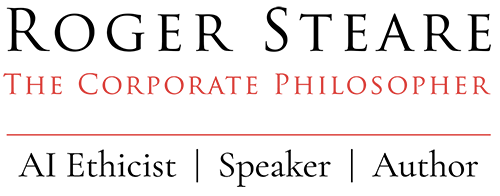
Last week it was announced that over 500 UK employees have been gifted co-ownership of their business through an Employee Ownership Trust (“EOT”). Julian Richer set up this trust not only to offer his colleagues a 60% stake in Richer Sounds, he also gifted them £3.5m to help pay for it. They join other iconic employee owned brands such as Arup, John Lewis Partnership and Lush Fresh Handmade Cosmetics in adopting an ownership model that seems todo better than any alternative.
According to the 2018 report, The Ownership Dividend, employee-owned businesses have a more innovative workforce, greater productivity, less staff turnover and longer term strategy.
In another report, The case for employee ownership inthe United Kingdom my colleagues Joseph Lampel and Ajay Bhalla at Cass Business School found that employee owned businesses are more resilient to the changing economic conditions: their performance is more stable over business cycles and they display less sales variability.
And in The MoralDNA of Employee-Owned Companies which I co-authored for the Chartered Management Institute, we found that
“…employee ownership improves employees’ commitment, positively shapes their thinking about ethical decisions and influences management action for the better. Compared with our cross-sector sample, people are twice as likely to report that their organisation is managed democratically and consensually and far fewer say that command and control prevails.”
This is all very compelling evidence and you don’t need to convert your organisation into an EOT to get this benefit.
It is my experience that even in the largest corporations, the best leaders and teams create a culture that nurtures greater innovation and productivity, less turnover and longer-term planning. They do this by making decisions which are more democratic and consensual, in an environment where people feel enough psychological safety to speak truth to power and then take a selfie at the end of the meeting!
And if you’re interested in learning how to convert your own organisation into an EOT, then the Employee Ownership Association can help.
“I feel an incredible loyalty to my hard working colleagues and they should receive any benefit from running the business once my time is up as opposed to just selling to the highest bidder. They know the business, and especially our rather unusual culture, extremely well, and the business is therefore far more likely to flourish under their own steam because of this.”
JULIAN RICHER
